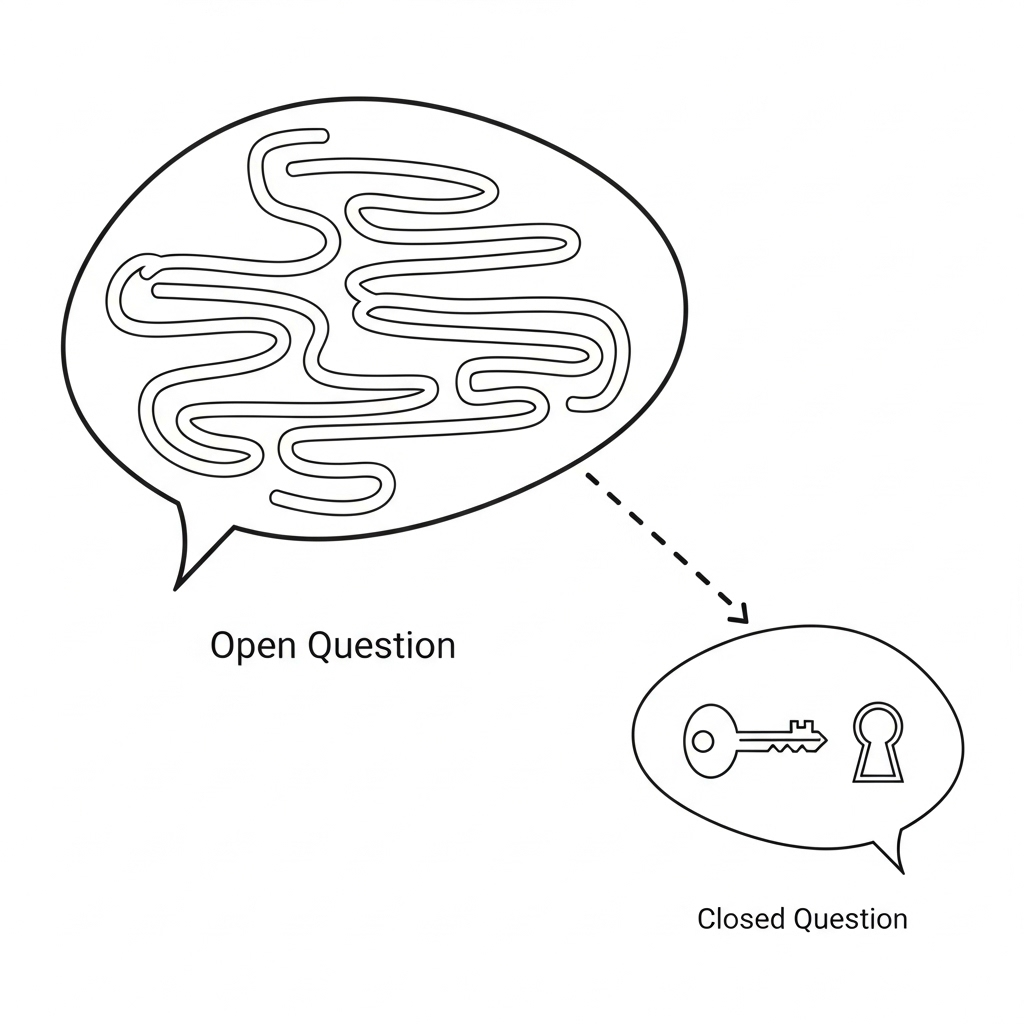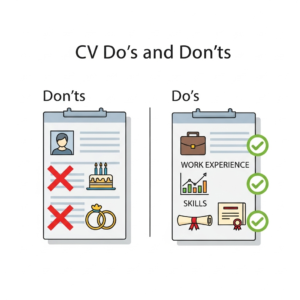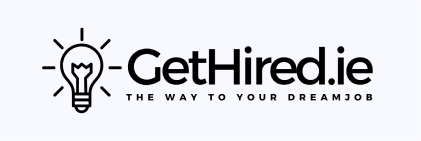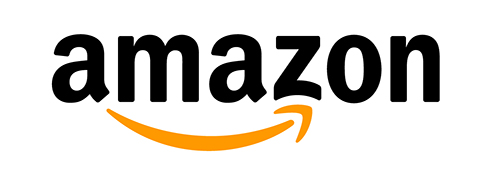When preparing for an interview—whether as a candidate or a hiring manager—we often talk about the importance of open-ended questions. But we rarely stop to acknowledge the strategic impact of closed questions.
These are questions that usually result in a “yes” or “no” answer or a short factual response. And while they may seem too simple at first glance, they offer clarity, direction, and structure—something that both candidates and employers benefit from.
✅ What Are Closed Questions, Exactly?
In HR and communication studies, closed questions are defined as questions that limit respondents to one or two-word answers. Unlike open-ended questions, they do not invite elaborate storytelling, but instead seek precise, factual, or binary responses.
Examples in an interview setting:
- “Is this a hybrid position?”
- “Do you use agile project management?”
- “Would I be reporting directly to the team leader?”
- “Are there professional development budgets available?”
These are the questions that help candidates get direct answers quickly—and demonstrate they’ve done their homework.
📊 The Research: Why They Matter
According to a study published in the International Journal of Human Resource Management (2021), candidates who asked a mix of closed and open-ended questions during the interview were rated as more prepared and proactive by 82% of interviewers.
Additionally, a 2023 LinkedIn Hiring Trends Report revealed that:
- 74% of recruiters value candidates who ask specific, structured questions.
- 68% say they prefer clear, concise communication during interviews over long narratives.
- Recruiters are 42% more likely to shortlist candidates who demonstrate curiosity through both question types.
💬 The Human Side: Closed Questions Show You Care
Closed questions can feel transactional—but in reality, they often reveal what really matters to you as a professional.
If you’re asking:
- “Do you offer mentorship programs?”
- “Is there a clear promotion pathway here?”
…you’re showing you care about growth, learning, and culture. That’s powerful.
In a time where job seekers are prioritizing alignment over status, asking the right closed questions can help you quickly assess whether a company is aligned with your values, lifestyle, or long-term career goals.
🧠 Academic Insight: Structured Questioning = Better Decisions
Dr. Stephen P. Robbins, author of Organizational Behavior, emphasizes that “structured questioning leads to more rational decision-making and reduces bias in the hiring process.”
Closed questions are particularly helpful when:
- Time is limited (think: panel interviews)
- You’re comparing multiple job offers
- You need clarity on key conditions (remote policies, team size, reporting lines)
🔄 For Hiring Managers: Use Closed Questions Strategically
Closed questions are not just for candidates. Interviewers can use them to confirm key qualifications and reduce ambiguity. For example:
- “Do you have experience using SAP?”
- “Are you legally authorized to work in this country?”
This technique supports efficient shortlisting and avoids miscommunication down the line.
🧭 Use Them Wisely: Closed Questions Aren’t a Replacement
Let’s be clear: closed questions are not a substitute for deeper, behavioral or competency-based questions. But they are a valuable complement.
The key is to mix both styles:
- Use open-ended questions to explore the “how” and “why.”
- Use closed questions to confirm the “what,” “when,” and “where.”
💡 Final Thoughts
In interviews, every word counts—and so does every question. Closed questions might not invite long stories, but they tell us something just as important: that you’re clear, prepared, and intentional.
In a job market defined by clarity and purpose, sometimes, the shortest questions make the biggest impact.
📌 Have a favorite closed question you always ask in interviews? Drop it in the comments! Let’s learn from each other.
#HR #CareerTips #JobInterviews #InterviewTips #Hiring #HumanResources #GetHired #CareerCoaching #LinkedInArticles










